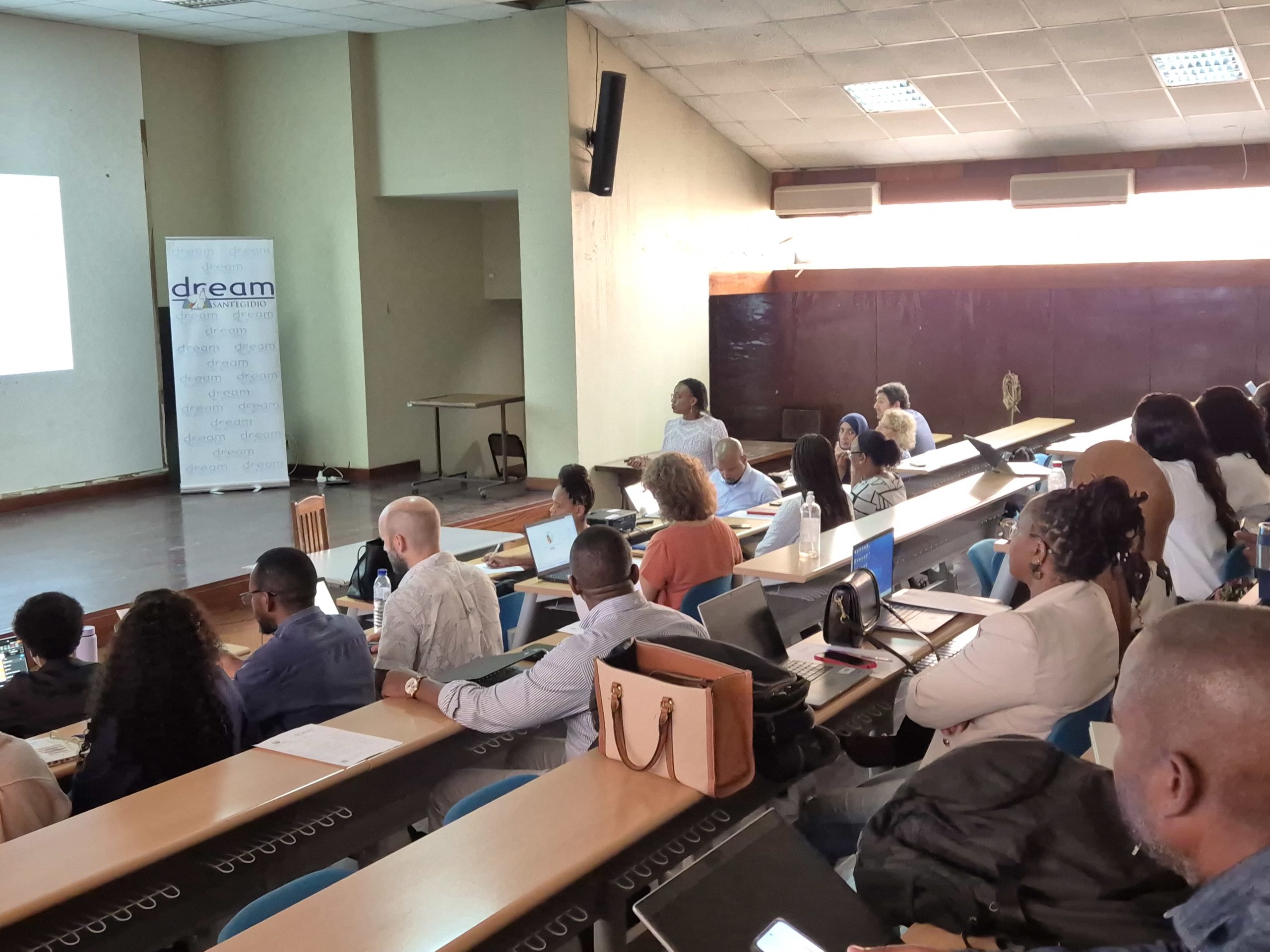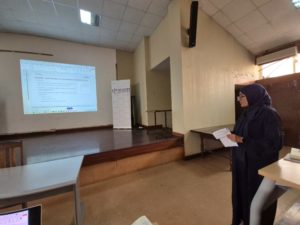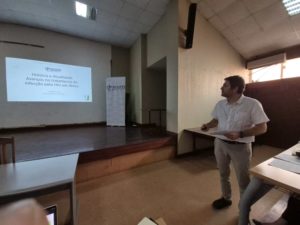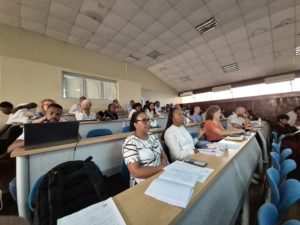Mozambique: a national conference addresses the challenges of HIV resistance in Africa, focusing on concrete goals
A national conference in Mozambique focused on the challenges of combating HIV in Africa, titled “Defeating HIV in Africa: A Possible Goal.” The event, held last Friday in Maputo, was organized by the Mozambican Ministry of Health (MISAU) and the DREAM Program of the Community of Sant’Egidio. It brought together around 50 experts and healthcare professionals, including officials and technicians from MISAU, members of technical groups, representatives of major international institutions, and academics engaged in research and the fight against HIV/AIDS in Africa.
The workshop delved into both the challenges and opportunities associated with managing HIV treatment in Africa, with a particular focus on the growing concern over resistance to antiretroviral drugs. Despite significant progress in recent years, the conference highlighted ongoing difficulties such as drug resistance, limited access to effective treatments, and the urgent need to develop more patient-centered care models.
In Mozambique, where the HIV prevalence rate among adults aged 15-49 is estimated at 12.6%, the epidemic remains one of the main public health challenges. The National HIV/AIDS Program has played a crucial role in expanding access to antiretroviral therapy (ART), with approximately 2 million people currently in treatment. However, growing concerns about drug resistance have emerged as a threat to the long-term efficacy of treatments. This context underscored the need for more personalized strategies, such as the use of genotyping and careful monitoring of viral load.
During the conference, recent studies conducted in Mozambique on drug resistance were presented, revealing alarming data and confirming the urgency of addressing this issue. Participants had the opportunity to discuss and share best practices to improve HIV management, emphasizing the importance of genotyping as a key tool for optimizing treatments and managing the infection.
The workshop also provided a platform for dialogue between local and international experts, aimed at identifying innovative solutions and best practices for HIV care in Africa. Interactive sessions and open discussions encouraged a collaborative approach, with the goal of strengthening HIV treatment strategies in the country and across the continent.
Among the highlights, Prof. Carlo Perno from the Bambino Gesù Hospital and Dr. Noorjehan Majid from the DREAM Program stressed the need for swift action to prevent the loss of therapeutic efficacy. They proposed the creation of an international movement to ensure universal access to drug resistance testing for antiretroviral therapy.
The conference concluded with recommendations for improving HIV management in the country and a renewed awareness among stakeholders of the importance of genotyping in infection management. Collaboration between local and international institutions was reinforced, with the aim of continuing joint efforts to guarantee equitable and quality care for all people living with HIV in Africa.
Representatives from research institutions and international organizations also participated in the event, actively contributing to the discussions and identifying concrete solutions to address drug resistance and enhance the effectiveness of treatment strategies.
This conference represented a significant opportunity to create an international network for HIV management, with the hope that the outcomes will positively impact healthcare policies and improve the lives of millions of people across the African continent.



